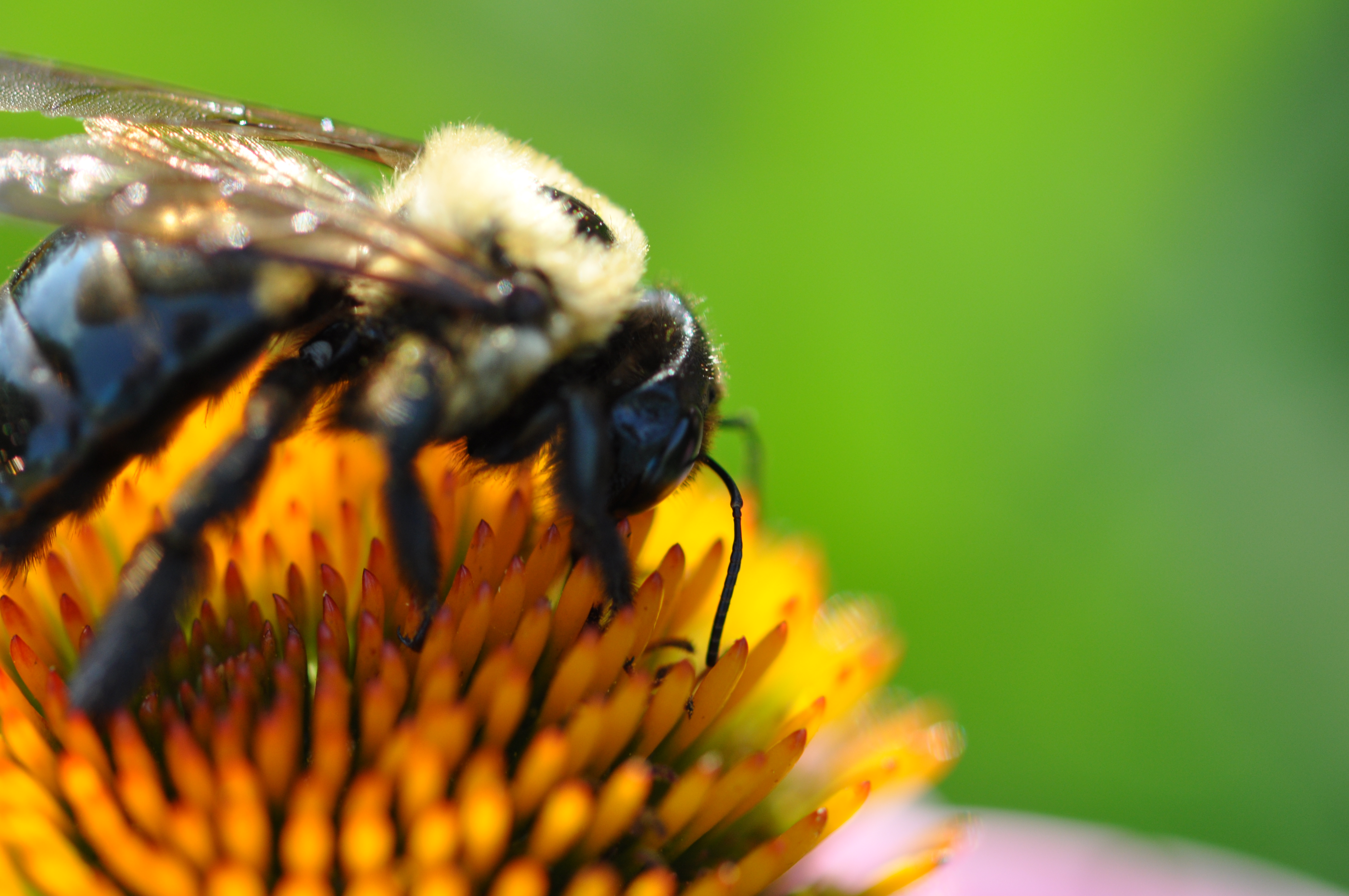

So what is organic? I know by now everyone has heard it, but the answer to that one is not as simple as it probably should be. Different organizations and agencies have different rules as to what's organic, but we're going to try to keep it simple. According to the CCOF website, "Organic food is produced by farmers who emphasize the use of renewable resources and the conservation of soil and water to enhance environmental quality for future generations (USDA)". I think that pretty much sums it up right there. It's important because a lot of the things that are used nowadays to enrich the soil, get rid of garden pests and diseases and even the seed we put in the ground can also put chemicals into our soil, food and water that are not particularly good for us. All those chemicals and pesticides have to go somewhere. They travel through the ground where we can walk through them or they travel into the water. They can also travel through the air where people can breathe them or get them on their skin. (You wouldn't take a bath in bug spray now would you?) Worse yet, a lot of the chemicals end up in the food we eat and can cause health problems. Did you know that growing with chemical fertilizers and pesticides helps destroy the very soil we need to provide our food. Cornell University has a very good explanation, you can read it here, but I'll try to summarize it a bit. The chemicals we're using are contributing to soil erosion. When the soil erodes (goes away), we lose the topsoil that contains the nutrients the plants need. Since it takes hundreds of years to make an inch of topsoil, this is a huge problem. We also end up reducing the oxygen supply in our lakes and streams when these chemicals find their way into them. Lots of things, from plants to animals, that live in the water need oxygen to live. Without enough of it, they die. Finally, all those chemicals we're using to get rid of the bugs that hurt our food are killing other bugs too, like bees and butterflies. We need these guys. They're called pollinators because they help spread the pollen from one plant to another. Without this type of pollination, we significantly reduce the amount of fruits and vegetables we get from our plants. 
|
Created on December 02, 2012